Understanding AB 1482: Is Your Property Rent-Controlled or Exempt?
Understanding AB 1482: Is Your Property Rent-Controlled or Exempt?
Navigating California's rent control laws can be complex, especially with regulations like AB 1482 in place. This blog breaks down the key details of AB 1482, helping landlords, tenants, and property owners understand whether their properties are subject to rent control or exempt.
🏠 Introduction to AB 1482
AB 1482, also known as the Tenant Protection Act of 2019, is a significant piece of legislation in California that aims to provide tenants with essential protections against excessive rent increases and arbitrary evictions. This law establishes statewide rent control measures, impacting how property owners manage their rental units.
Understanding the nuances of AB 1482 is crucial for both landlords and tenants. It helps clarify what properties are included under this law and the specific conditions under which they may be exempt. The goal is to balance the rights of tenants while ensuring property owners can still operate their rental businesses effectively.
📜 Determining If Your Property is Subject to AB 1482
To ascertain if your property falls under AB 1482, consider several factors. The key determinant is whether the property is owner-occupied or if it falls into specific categories defined by the law.
- Single-family homes and condos are generally exempt if they are owner-occupied.
- Duplexes are exempt if at least one unit is owner-occupied.
- Properties owned by individuals, rather than corporations or LLCs owned by corporations, are typically exempt.
If your property meets these criteria, you may not need to comply with AB 1482 regulations. However, it’s important to keep detailed records and documentation to support your exemption status.

🏡 Exemptions for Owner-Occupied Properties
Owner-occupied properties enjoy special exemptions under AB 1482. If you live in the property you’re renting out, you may qualify for these exemptions, provided certain conditions are met.
- Properties must be single-family homes, condos, or townhomes.
- Duplexes can be exempt if one unit is occupied by the owner.
- Ownership structure matters; individual ownership is key to maintaining exemption.
It's crucial to ensure that all tenants have been informed of their rights and your property's exemption status. This transparency helps prevent misunderstandings and fosters a positive landlord-tenant relationship.
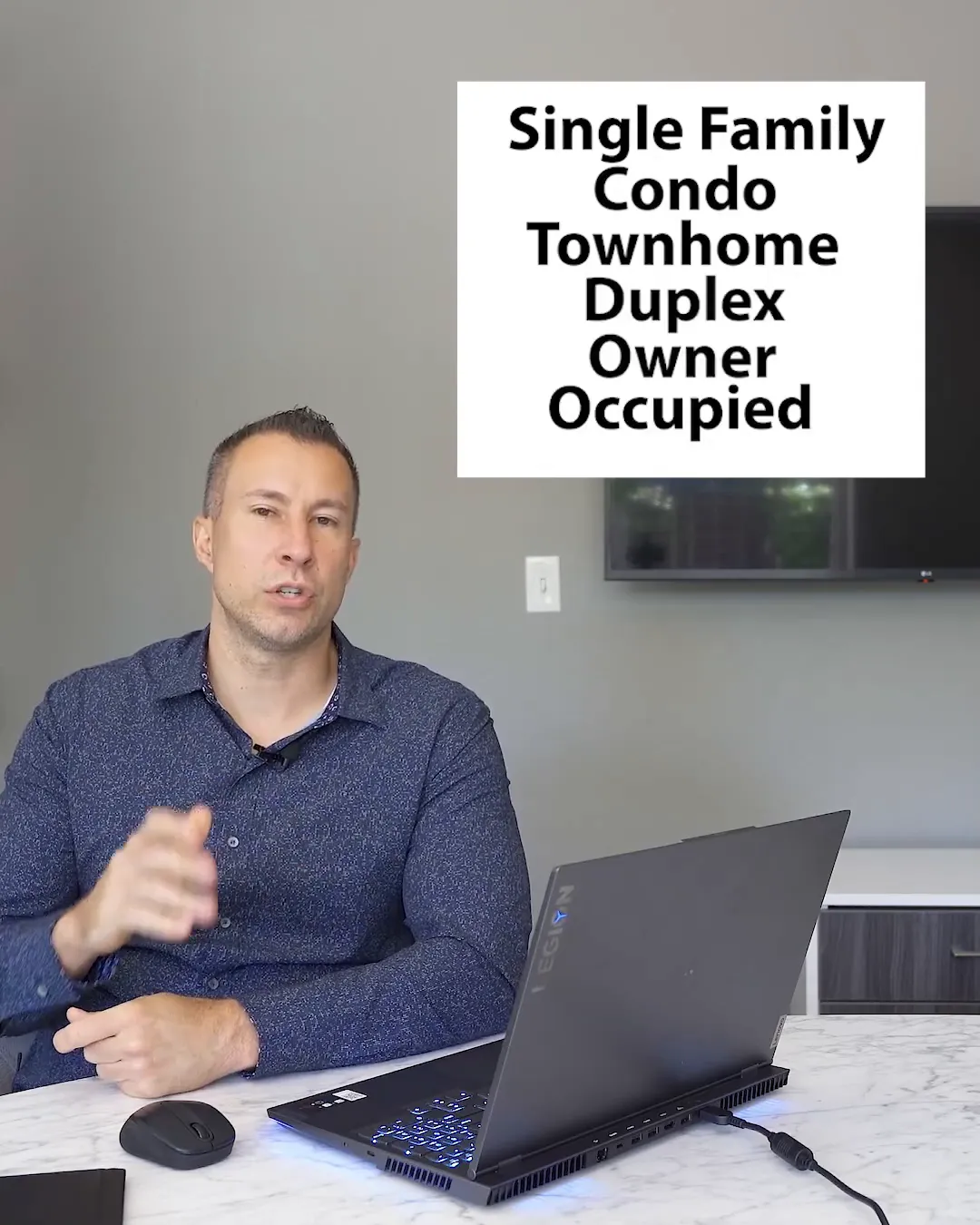
🏢 Understanding Real Estate Investment Trusts and Corporations
AB 1482 places specific restrictions on properties owned by corporations or Real Estate Investment Trusts (REITs). If a property is owned by an LLC that is controlled by a corporation, it does not qualify for the owner-occupied exemption.
Understanding the ownership structure of your property is essential. If you are an individual who owns a rental property through an LLC, you may still be exempt from AB 1482 as long as you are the only member of that LLC.
- Corporations like Morgan Stanley or Citigroup do not qualify for exemptions.
- Natural persons owning LLCs can maintain exemption status.
Thus, knowing the nature of your ownership can significantly impact your obligations under AB 1482.

📅 Age of the Property: The 15-Year Rule
The age of the property is another critical factor in determining its status under AB 1482. Properties that are less than 15 years old are exempt from the regulations, providing a significant benefit to newer developments.
Once a property reaches the 15-year mark, it becomes subject to AB 1482 protections. This rule applies regardless of the size or type of the building.
- The exemption is based on the date the certificate of occupancy was issued.
- It applies to all types of rental units, including large apartment complexes.
Landlords should keep track of their property’s age and maintain proper documentation to ensure compliance with AB 1482 as their property ages.

🏗️ Certificate of Occupancy: What You Need to Know
The certificate of occupancy (CO) plays a pivotal role in determining whether a property is subject to AB 1482. This document signifies that a building is compliant with all relevant building codes and is safe for occupancy.
For properties to be exempt from AB 1482, the crucial date is when the CO was issued. If your property is less than 15 years old, it is exempt from the regulations outlined in AB 1482. This exemption applies universally, regardless of the property size or type.
- Always keep a copy of your CO for reference.
- Monitor your property's age to ensure compliance as it approaches the 15-year mark.
- Consult your local building department if you need clarification on your CO.
🗓️ Tenant Duration Requirements for Exemption
AB 1482 stipulates that all tenants must occupy the property for at least 12 months for the exemption to apply. This requirement is crucial even for properties that otherwise qualify under the owner-occupied exemption.
Understanding this duration is essential for property owners. If a tenant moves in and out before completing 12 months, the property may not be exempt, despite meeting other criteria.
- Maintain lease agreements that clearly outline the duration of tenancy.
- Keep records of tenant occupancy dates to support your exemption claims.
- Consider long-term leases to maintain exemption status consistently.

📜 Proper Exemption Language for Tenants
To ensure tenants understand their rights and the property's status under AB 1482, proper exemption language must be provided. This language serves to clarify the exemption and protect both landlords and tenants.
Landlords should include specific wording in lease agreements or provide a separate notification. This communication should outline the exemption status and the reasons for it.
- Clearly state the exemption based on owner occupancy or property age.
- Include a statement regarding the 12-month tenant duration requirement.
- Provide contact information for tenants to ask questions about their rights.
➡️ Next Steps for Property Owners
If you determine that your property is exempt under AB 1482, there are specific steps you should take to ensure you remain compliant and protect your rights as a property owner.
- Document your property's age and maintain records of the certificate of occupancy.
- Inform current and prospective tenants about the exemption status.
- Review lease agreements to ensure they contain the correct exemption language.
- Stay informed about any changes to AB 1482 or related laws that may affect your property.
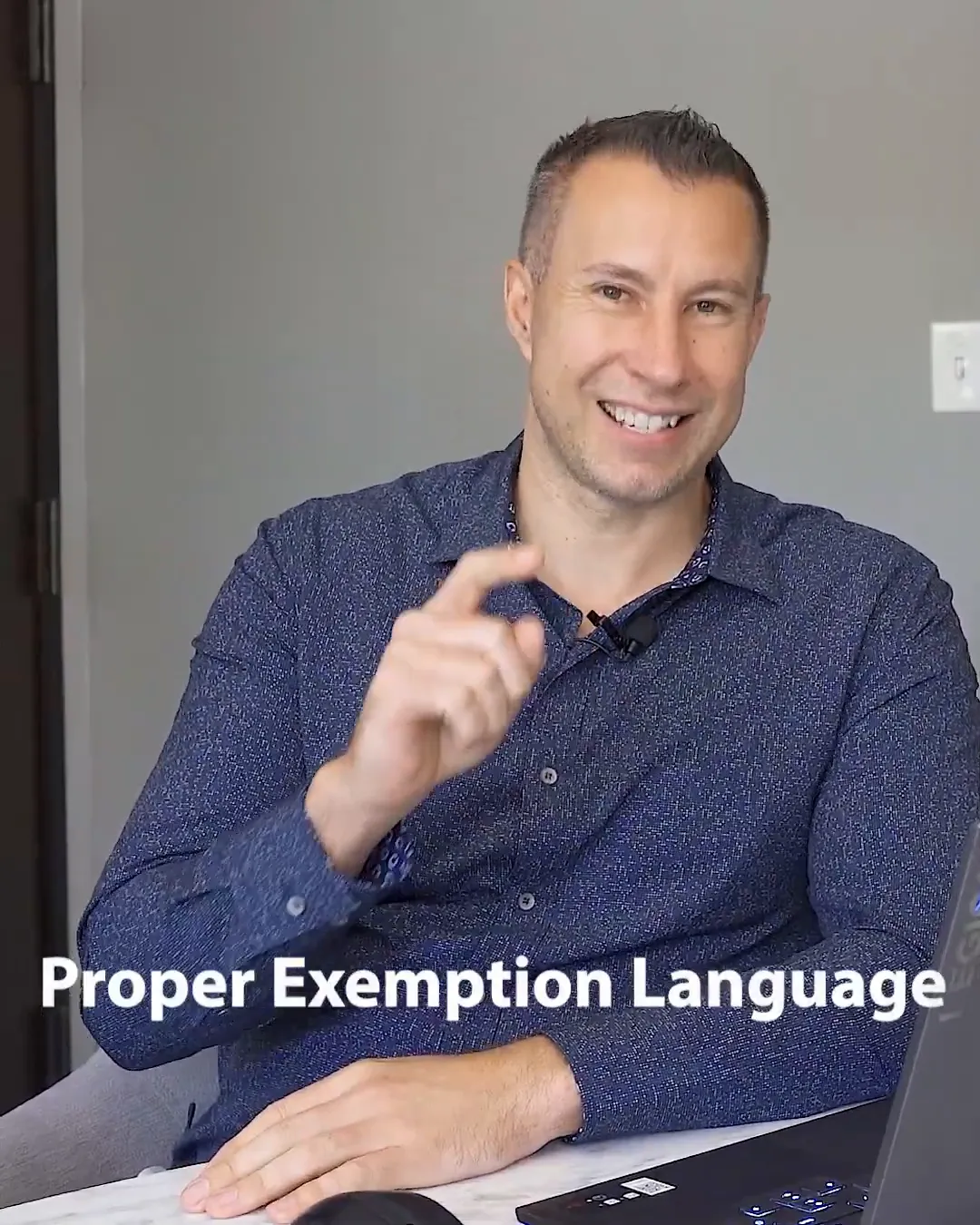
❓ Frequently Asked Questions about AB 1482
What types of properties are exempt from AB 1482?
Properties that are owner-occupied, including single-family homes, condos, and duplexes, are generally exempt. Additionally, properties less than 15 years old are also exempt.
How do I prove my property is exempt?
Keep a copy of the certificate of occupancy, maintain records of tenant occupancy, and ensure that lease agreements reflect the exemption language.
What happens if a tenant moves out before 12 months?
If a tenant vacates before completing 12 months, the property may lose its exemption status under AB 1482. It is essential to monitor tenant durations closely.
Can I still raise rents if my property is exempt?
Yes, if your property is exempt from AB 1482, you can raise rents without adhering to the limitations set by the law. However, always check local rent control ordinances for additional regulations.
Where can I find more information about AB 1482?
For further details, consult the California Department of Consumer Affairs website or seek legal advice to ensure compliance with all applicable laws.
Categories
- All Blogs (314)
- Client Testimonials (19)
- East Palo Alto (81)
- Graeham Watts Home Tours (23)
- Home Buyer's Process (34)
- Home Tours (28)
- Houses for sale in East Palo Alto (13)
- Investing (18)
- Landlord and Tenant Info (9)
- Menlo Park (49)
- Personal (5)
- Real Estate Questions Answered (91)
- Real Estate Tips (86)
- Redwood City (85)
- San Mateo County (10)
- Seller's Process (22)
Recent Posts



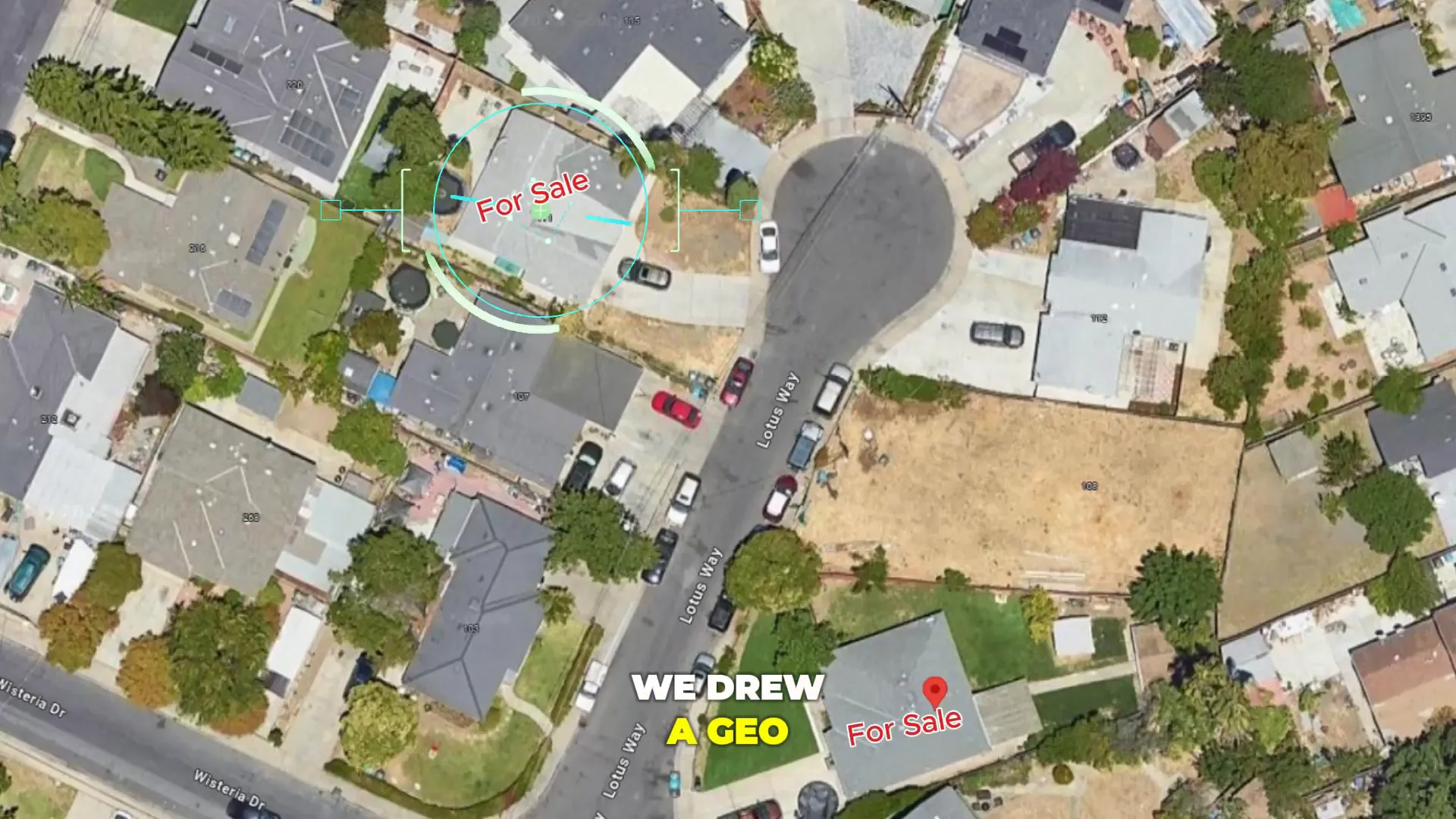
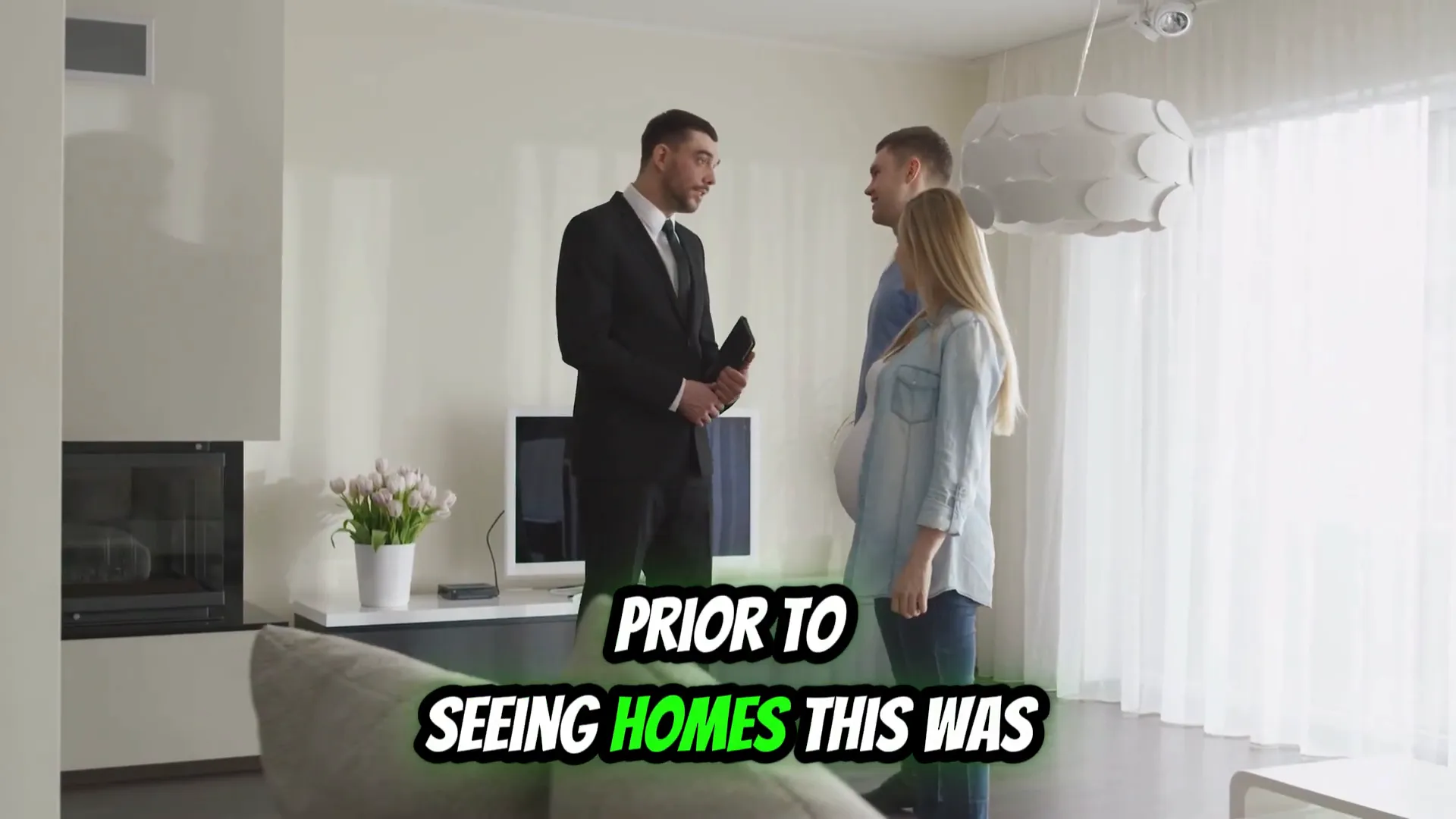



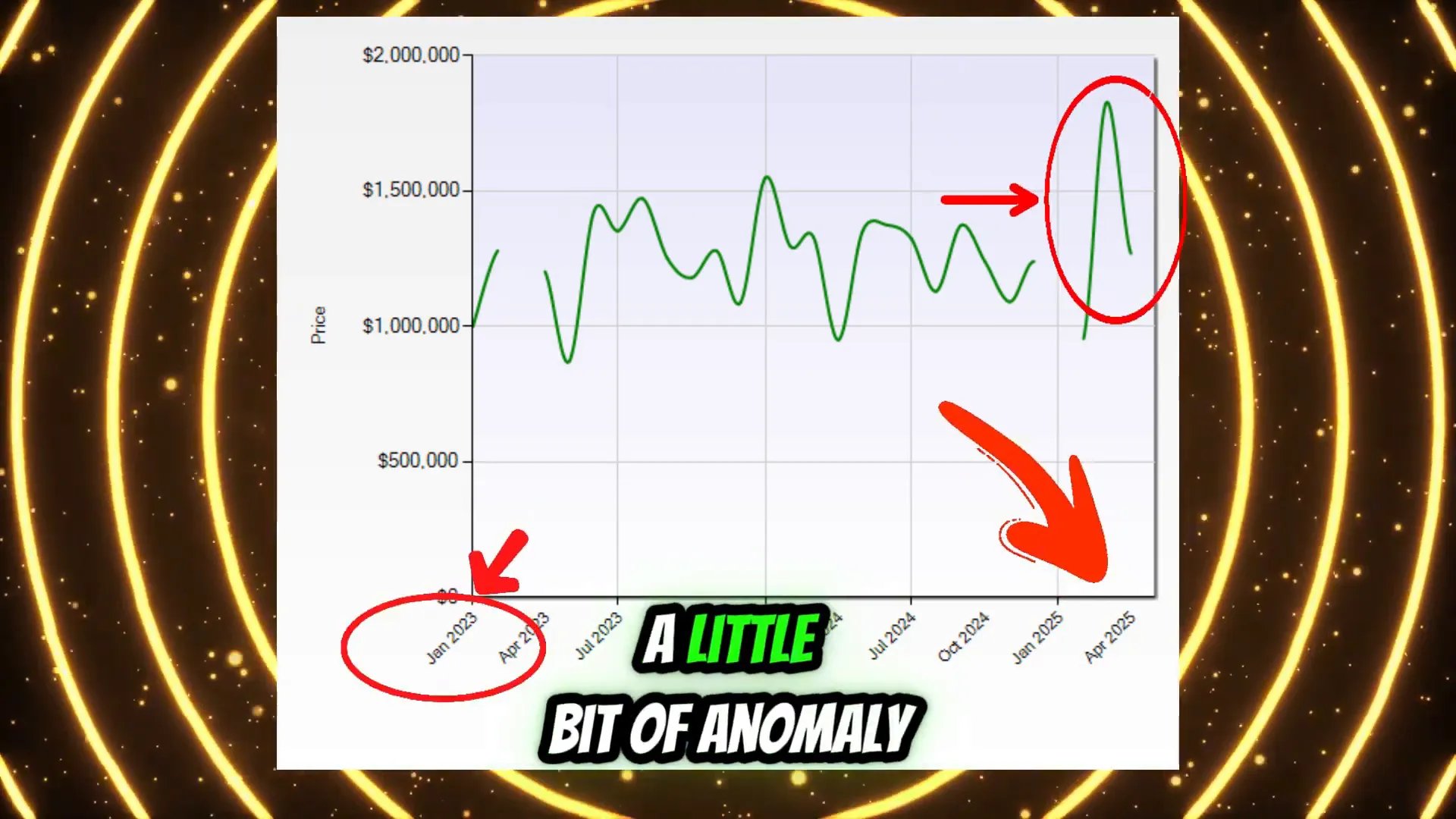

GET MORE INFORMATION

